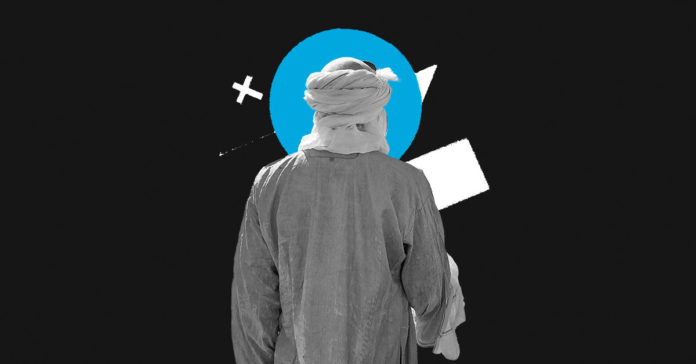One such companion, Julaybib was so named due to his small growth, Julaybib a derivative of the word jalbab (very small grown). Dwarf-like in appearance, Julaybib was also described as damim, which is ugly and hideous in his physical appearance. What made Julaybib even more the outcast is that his familial roots were unknown. For a society which prided itself on lineage and social status, Julaybib’s lack of position, information about his lineage, his parents or tribe was a grave disability. And this was made worse with his physical appearance. Ostracised and feared, Julaybib spent much of his time alone and isolated from others. The Prophet (peace be upon him), however, demonstrated remarkable care for his companion and taught a model of learning which offset the entrenching of an Othering of those deemed as different and/or as a social outcast. The Prophetic model stressed upon genuine comradeship with all, despite differences in physical appearance or social positioning. It stressed upon the development of a broad(er) insight into the needs of the ostracised.
The following narration is exemplary for the way it juxtaposes the frames of worthiness and unworthiness. The Prophet (peace be upon him) showed that true leadership looks beyond group loyalties and cliques, but instead positions man in light of his or her internal qualities. Since the Prophet (peace be upon him) enquired about Julaybib, even though others did not, shows how open acknowledgement of others tilts the imbalance that Othering can create. Julaybib’s story fits well into a discourse on Othering, dehumanisation, compassion and Prophetic character – a neat way to complement a relaying of the Islamic message. Often the Muslim finds himself conveying the spirit of Islamic compassion and the way Islam promotes a remarkable sense of togetherness with the human spirit. The Muslim must not forget the undercurrents of life which tug at every human being and how the Qur’anic narrative interweaves instructions and intellectual reasoning with an appeal to heart and emotions. We should be mindful of the epidemic of loneliness in our societies. It may very well be that the person with whom you are communicating values the communication time more than the content of your communication, or values a non-judgmental exchange void of abuse, mockery or intimidation and thus remains in your company. The Prophet’s words, spoken about an individual who was not well-regarded and was known only for his obscurity and oddness, offset the tendencies to Otherise and dehumanise the socially isolated: “This man is from me, and I am from him”. What ensues in the narration is something further remarkable in that Julaybib was physically held by the Prophet (peace be upon him) reflecting an actualising of his closeness, the narrator mentioned “Julaybib had no pillow on that day except the arms of the Prophet (peace be upon him):
“Is anyone missing amongst you?” They said: So and so and so. He again said: Is there anyone missing amongst you? They said: So and so and so. He then said: Is there anyone missing amongst you? They said: No. Thereupon he (the Holy Prophet) said: But I am missing Julaybib. They (his Companions) searched him amongst those who had been killed and they found him by the side of seven (dead bodies) whom he had killed and he had been killed (by the opponents). Allah’s Apostle (peace be upon him) came there and stood (by his side) and said: He killed seven (persons). Then (his opponents) killed him. He is mine and I am his. He then placed him upon his hands and there was no one else to lift but Allah’s Apostle (peace be upon him). Then the grave was dug for him and he was placed in the grave and no mention is made of a bath.'[Sahih Muslim 2472]
[On Being Human by Dr. Osman Latiff, p. 35-37]









